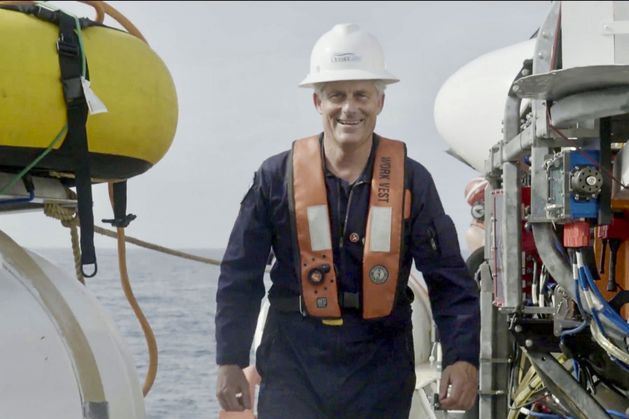
"rush, whose OceanGate company offered those who could afford it expeditions to the Titanic, had a gigantic ego, as well as ocean-deep levels of arrogance."
"Rush publicly describes the US and Canadian Coast Guards' strict safety regulations regarding submersibles as 'over the top'. This hubris was alarming in the context of safety."
"Rush's idea of 'testing' differed considerably from industry standards, raising red flags that were ultimately ignored."
"The Titan's hull was made of carbon fibre, a stark deviation from industry norms, which traditionally use materials like titanium or steel for submersibles."
The BBC documentary 'Implosion: The Titanic Sub Disaster' investigates the tragic failures in safety oversight leading to the catastrophic submersible incident. It features interviews from various experts and those affected, highlighting inventor Stockton Rush's arrogance and dismissive attitude towards established safety protocols. Despite the dangers associated with deep-sea exploration, Rush's overconfidence in his carbon-fibre hull design and a lack of thorough testing ultimately culminated in disaster. The film presents a sobering account of hubris overshadowing critical safety measures in high-risk ventures.
Read at Irish Independent
Unable to calculate read time
Collection
[
|
...
]